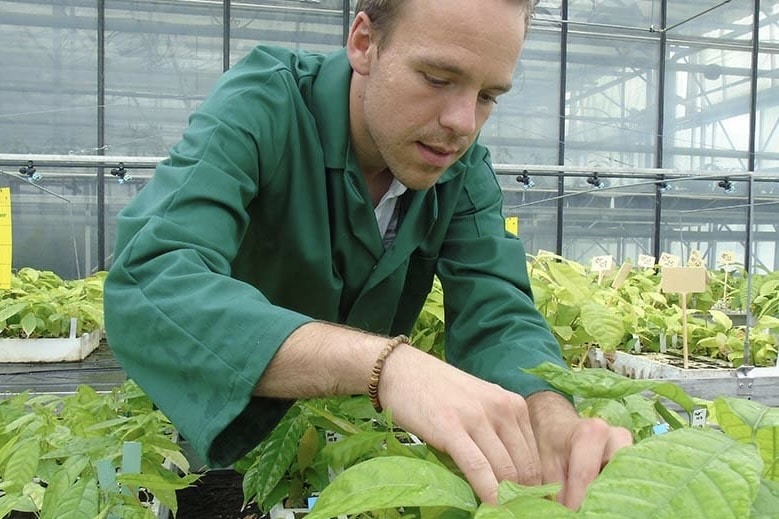Nestlé has created their new Institute of Agricultural Sciences to translate novel agricultural science into real-world applications. This will help Nestlé transition towards a regenerative food system by focusing on the way agricultural raw materials are produced and sourced.
The new institute will focus on plant science, dairy livestock and agricultural systems science. In close collaboration with internal and external partners, it will assess and combine science-based solutions to improve the nutritional and sensorial qualities and the environmental impact of agricultural raw materials.
“Our transition towards a regenerative food system is enabled by agricultural science and new agricultural technologies,” Nestlé CTO Stefan Palzer said. “The new institute will accelerate the translation of science into concrete solutions that can be implemented at farm level, to support farmers globally in improving their environmental footprint, in reducing food and nutrient losses, and in better adapting to climate change while ensuring the quality of the raw materials they produce.”
The institute builds on Nestlé’s existing work and expertise in agricultural science, with important programs already being implemented. Nestlé’s plant science experts have been contributing to the company’s sustainable cocoa and coffee sourcing plans – the Nestlé Cocoa Plan and the Nescafé Plan –including with scientific discoveries such as the recently announced high-yield, drought and disease resistant coffee varieties.
Nestlé experts are also working on identifying the most suitable pulses and grains to provide low carbon, plant-based alternatives to meat, seafood and dairy. This strong focus on plant science will be further strengthened and extended to additional crops.
The institute will also accelerate the work with external partners to contribute to reducing emissions in dairy farming, to develop regenerative agriculture practices, and to improve biodiversity and soil health. The institute will also explore new approaches to upcycling agricultural side streams to reduce nutrient loss and food waste along the agricultural value chain.
“The work in agricultural sciences will complement our broad expertise at Nestlé Research, ranging from food safety to health science, material science and packaging,” Nestlé head of Research Isabelle Bureau-Franz said. “We will leverage our scientific breadth to drive holistic approaches, contributing to concrete solutions and innovation applied throughout the value chain, including in products.”
The institute will work closely with academic institutions and research organisations, start-ups, industry partners and farmers to assess and develop science-based solutions and adapt them for implementation and scale-up across the company’s supply chain, while having a positive impact on the livelihoods and incomes of farmers. It will rely on new and existing collaborations, such as the research program with ETHZ to reduce the carbon footprint of agricultural products.
“At the institute, we will screen a wide variety of science-based agricultural solutions and assess their potential for reducing the environmental footprint of key agricultural raw materials,” Nestlé Institute of Agricultural Sciences head Jeroen Dijkman said. “Together with our research and industry partners, we want to bring the most promising approaches and solutions to farmers and contribute to their transition to regenerative practices with scalable and impactful applications.”
As part of Nestlé’s global research organisation, the institute will be based in new facilities in Lausanne, Switzerland, due to be formally inaugurated later this year. It will also include the company’s plant science unit in France, as well as existing cocoa, coffee and dairy research farms based in Ecuador, Côte d’Ivoire, Thailand and Switzerland.

